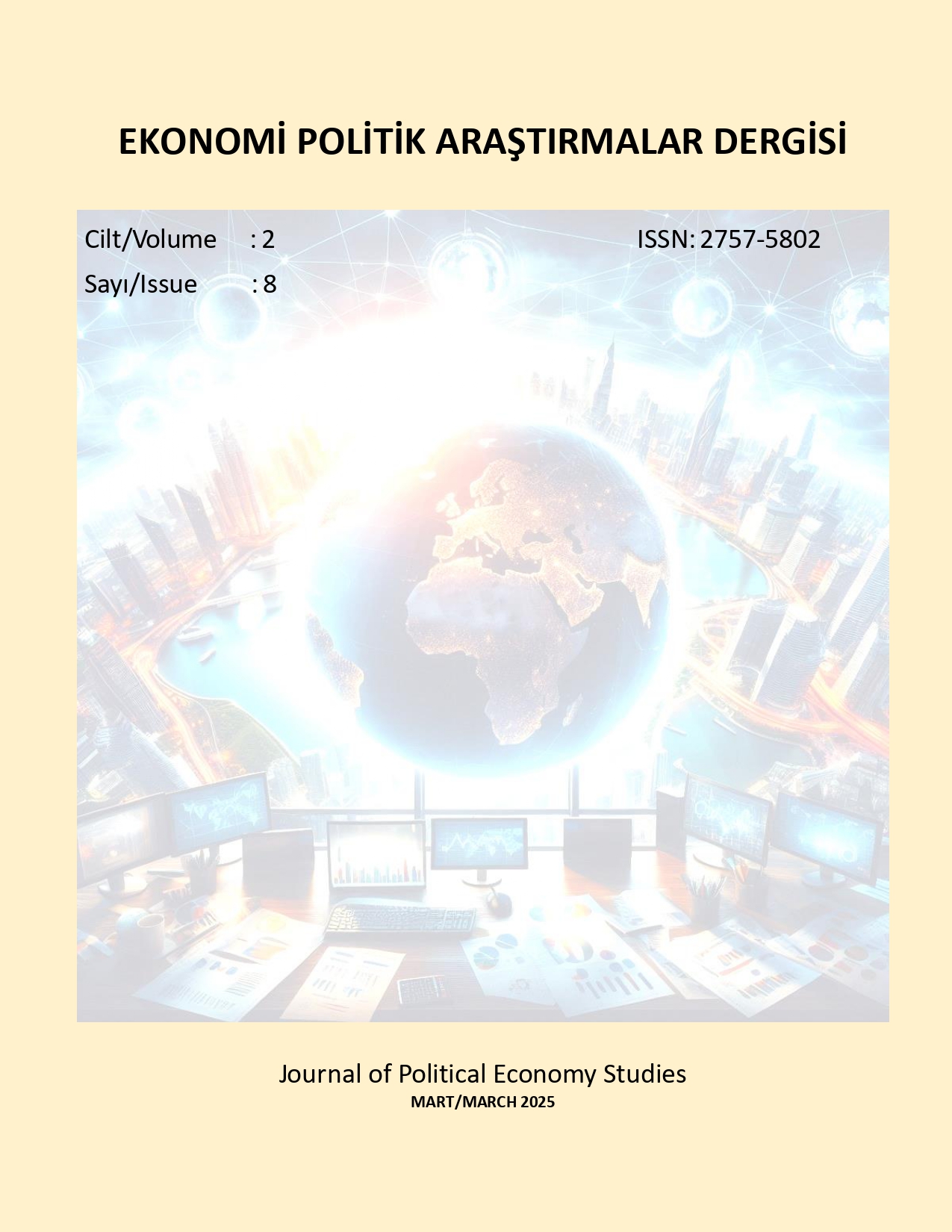Yetişkin Bireylerin Dindarlık Düzeyleri ile Yaşam Doyum Düzeyleri ve Mental İyi Oluş Halleri Arasındaki İlişkinin Belirlenmesi Üzerine bir Araştırma
Author :
Abstract
Bu araştırmanın amacı, yetişkin bireylerin dindarlık düzeyleri ile yaşam doyumu düzeyleri ve mental iyi oluş halleri arasındaki ilişkilerin incelenmesidir. Bu amaç doğrultusunda değişkenler arası ilişkiler incelenmiş, sosyo-demografik değişkenler temelinde oluşturulan gruplar arasında farklılık olup olmadığı araştırılmıştır.
Bu çalışmanın örneklemini, Isparta ilinde yaşayan 18 yaş üstü 301 yetişkin bireyden oluşmaktadır. Veri toplama araçları olarak araştırmacı tarafından kişisel bilgi formu düzenlenmiştir. Dindarlık düzeyleri ile yaşamdan aldıkları doyum ve mental iyi oluş halleri ile ilişkiyi ölçmek üzere; motivasyonel dindarlık ölçeği, yaşam doyum ölçeği ve mental iyi oluş ölçeği uygulanmıştır. Bu bağlamda dindarlık düzeyleri ile yaşam doyumu ve mental iyi oluş halleri arasındaki ilişki de yaş, cinsiyet, eğitim durumu, meslek, geçmiş yaşantılarında karşılaştıkları travmatik anılar gibi değişkenler arasındaki farklılaşma durumu da araştırılmıştır.
Değerlendirmede Dindarlık, Yaşam Doyum ve Mental İyi Oluş ölçeklerinden elde edilen veriler kullanılmıştır. Bu araştırmanın evreni, Isparta İlinde Yaşayan 18 yaş üstü yetişkinlerden oluşmuştur. Araştırma örneklemi 301 yetişkin bireyden oluşuyor. Araştırmaya katılanların yaş ortalaması olarak yoğunlaştığı (%33,2) 41-50 yaş aralığıdır.
Araştırmadan elde edilen veriler SPSS 25.0 programı yardımıyla analiz edilmiştir. Çalışmada frekans (f), yüzde (%), ortalama (X̄), standart sapma (SS), minimum ve maksimum değerler tanımlayıcı istatistikler olarak kullanılmıştır. Çalışmada iki grup karşılaştırmalarında “bağımsız örneklem t testi” üç ve üzeri grup karşılaştırmalarında “ANOVA” testi kullanılmış, grup farkı için Post Hoc testi yapılmıştır. Elde edilen bulgulara göre Yetişkin bireylerin motivasyonel dindarlık düzeyi ile yaşam doyumu arasında pozitif ilişki tespit edilmiştir. Yetişkin bireylerin motivasyonel dindarlık ve alt boyutları (Prososyal ve Dini-Entelektüel Sorumluluk ve Güç ve Güven Kaynağı Olarak Tanrı ile İlişki) ile Mental İyi Oluş arasında pozitif bir ilişki tespit edilmiştir.
Keywords
Abstract
The purpose of this study is to examine the relationships between the religiosity levels of adults and their life satisfaction levels and mental well-being. For this purpose, the relationships between variables were examined and it was investigated whether there were differences between the groups formed based on socio-demographic variables.
The sample of this study consists of 301 adults over the age of 18 living in Isparta province. A personal information form was prepared by the researcher as a data collection tool. In order to measure the relationship between the religiosity levels and the satisfaction they receive from life and mental well-being; motivational religiosity scale, life satisfaction scale and mental well-being scale were applied. In this context, the relationship between the religiosity levels and life satisfaction and mental well-being was also investigated in terms of the differences between variables such as age, gender, education level, profession and traumatic memories they encountered in their past lives. The data obtained from the Religiosity, Life Satisfaction and Mental Well-Being scales were used in the evaluation. The universe of this study consists of adults over the age of 18 living in Isparta province. The research sample consists of 301 adults. The average age of the participants in the study is concentrated in the 41-50 age range (%33.2).
The data obtained from the study were analyzed with the help of SPSS 25.0 program. In the study, frequency (f), percentage (%), mean (X̄), standard deviation (SS), minimum and maximum values were used as descriptive statistics. In the study, “independent sample t test” was used in two-group comparisons, “ANOVA” test was used in three and more group comparisons, and Post Hoc test was performed for group difference. According to the findings, a positive relationship was found between the motivational religiosity level of adult individuals and life satisfaction. A positive relationship was found between the motivational religiosity and its sub-dimensions (Prosocial and Religious-Intellectual Responsibility and Relationship with God as a Source of Power and Confidence) of adult individuals and Mental Well-Being.





